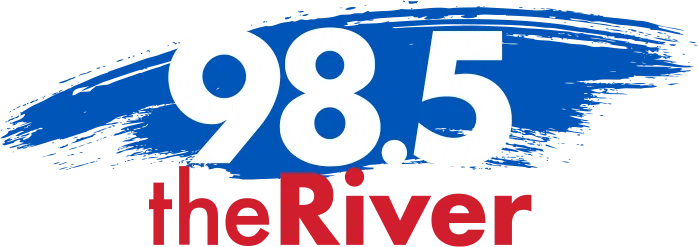By Francois Murphy, John Irish and Parisa Hafezi
GENEVA (Reuters) -European foreign ministers are set to meet their Iranian counterpart on Friday aiming to create a pathway back to diplomacy over its contested nuclear programme despite the U.S. actively considering joining Israeli strikes against Iran.
Ministers from Britain, France and Germany, known as the E3, as well as the European Union’s foreign policy chief spoke to Abbas Araqchi earlier this week and have been coordinating with U.S. Secretary of State Marco Rubio.
In a rare call they pressed upon Araqchi the need to return to the negotiating table and avoid further escalation. At Iran’s suggestion the two sides agreed to meet face-to-face.
The talks will be held in Geneva, where an initial accord between Iran and world powers to curb its nuclear programme in return for sanctions lifting was struck in 2013 before a comprehensive deal in 2015. They come after negotiations between Iran and the United States collapsed when Israel launched what it called Operation Rising Lion against Iran’s nuclear facilities and ballistic capabilities on June 12.
“The Iranians can’t sit down with the Americans whereas we can,” said a European diplomat. “We will tell them to come back to the table to discuss the nuclear issue before the worst case scenario, while raising our concerns over its ballistic missiles, support to Russia and detention of our citizens.”
The European powers, who were not part of Iran’s nuclear negotiations with the United States, had grown increasingly frustrated by the U.S. negotiating strategy in the talks. They deemed some of the demands unrealistic, while fearing the possibility of a weak initial political framework that would lead to open-ended negotiations.
Two diplomats said there were no great expectations for a breakthrough in Geneva, where the European Union’s foreign policy chief will also attend.
But they said it was vital to engage with Iran because once the war stopped, Iran’s nuclear programme would still remain unresolved given that it would be impossible to eradicate the know-how acquired, leaving it potentially able to clandestinely rebuild its programme.
An Iranian official said Tehran has always welcomed diplomacy, but urged the E3 to use all available means to pressure Israel to halt its attacks on Iran.
“Iran remains committed to diplomacy as the only path to resolving disputes — but diplomacy is under attack,” the official said.
Prior to Israel’s strikes the E3 and U.S. put forward a resolution that was approved by the Board of Governors of the International Atomic Energy Agency, a U.N. watchdog, which declared Iran in breach of its nuclear non-proliferation obligations.
As part of last week’s IAEA resolution, European officials had said they could refer Iran to the United Nations Security Council later in the summer to add pressure on Iran if there was no progress in the nuclear talks.
That would be separate to them reimposing UN sanctions, known as the snapback mechanism, before October 18 when the 2015 accord expires.
The Europeans are the only ones who can launch the snapback mechanism, with diplomats saying the three countries had looked to set a final deadline at the end of August to launch it.
“Iran has repeatedly stated that triggering snapback will have serious consequences,” the Iranian official said.
(Writing by John Irish, Editing by Alexandra Hudson)





Comments